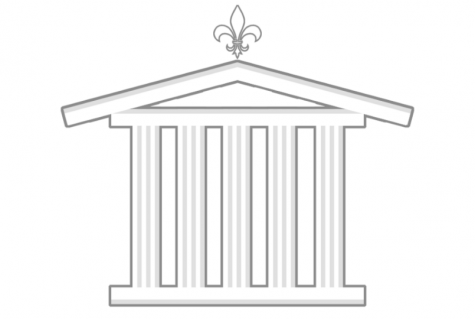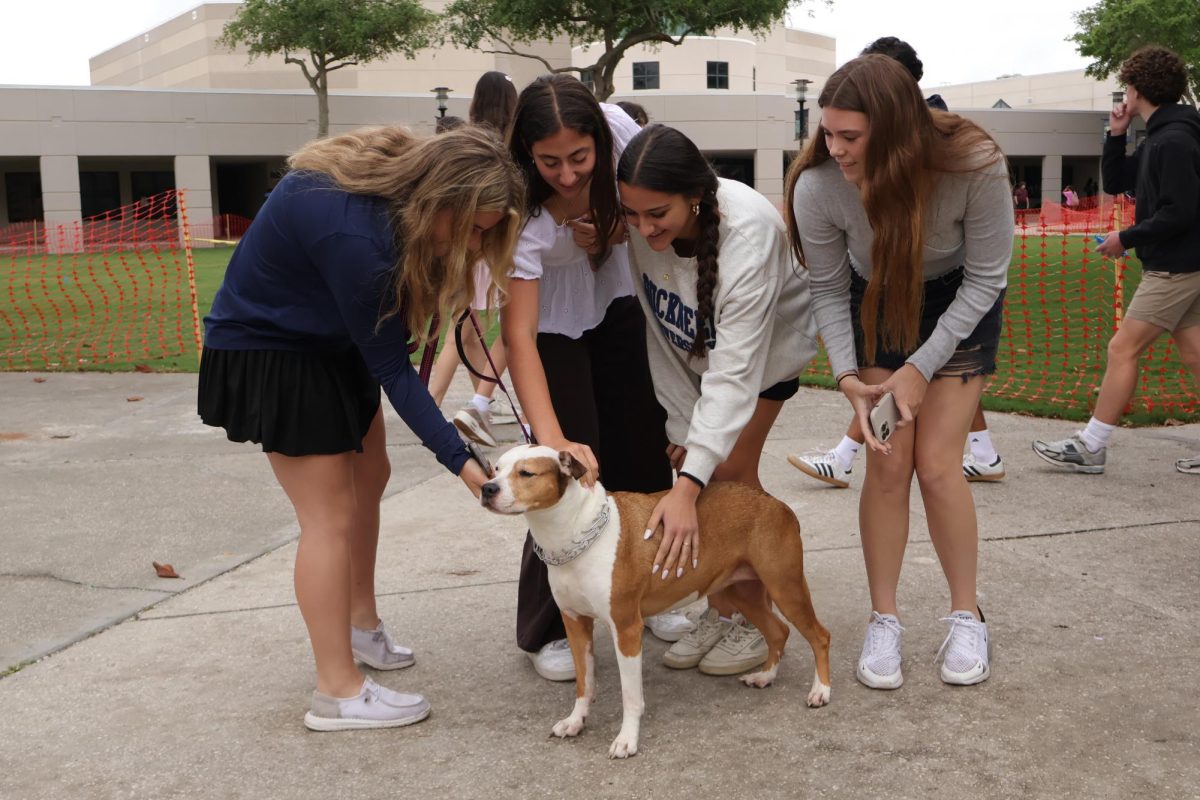During the Upper School assembly on Sept. 19, Upper School Dean of Students Kelly Aull announced significant alterations to the structure of the school’s Honor Council. Within a few seconds the student body quieted, and even the background conversations which always linger in the audience died down.
Aull announced there have been three significant changes to Honor Council. First, advisors and teachers are now a part of the disciplinary process. Secondly, judgement by the Honor Council is now the first and only means of dealing with most infractions, whereas in the past they were convened with the approval of the student. Lastly, to accommodate the expanded responsibility of the committee, the size of the Honor Council is being effectively doubled.
According to Aull, the changes to the way the Honor Council operates have been deliberated on since the summer. Her hope is that the pressure of having to present oneself in front of their peers will be a great enough disincentive to doing actions contrary to the Honor Code.
“I want [the Honor Council] to have a more emphasized role in the process of dealing with infractions.” Aull said.
Student opinion on the changes to the Honor Council seemed to vary. Sophomore Ethan Cogdill and senior Connor MacInnis share Aull’s optimism, believing that the expansion to the Honor Council will provide more diverse opinions.
“I think the changes give more power to the students, and [teachers] still advise it anyway,” Cogdill said. MacInnis also believes that the “more oligarchical nature,” as he calls it, of dealing with infractions will allow for cool heads to prevail and will provide sound judgement.
Senior Ashlinn Thomas, though absent on the Wednesday the announcement was delivered, believes that the changes to the Honor Council utilizes the group as intended.
“It makes sense they’ve been given a more important role. [Dealing with infractions] is the reason they are around in the first place.” Thomas said.
Likewise, freshman Ela Patel remains indifferent to the changes in the system, saying that “while she didn’t expect [the changes], [she] doesn’t think it will impact [her].”
Contrary to the previous two, senior Kenan Colakoglu retains serious reservations about how the Honor Council is now the default authority in dealing with infractions.
“The new system is so stupid,” said Colakoglu. “I feel teachers are more professional and not as likely to be biased.”












